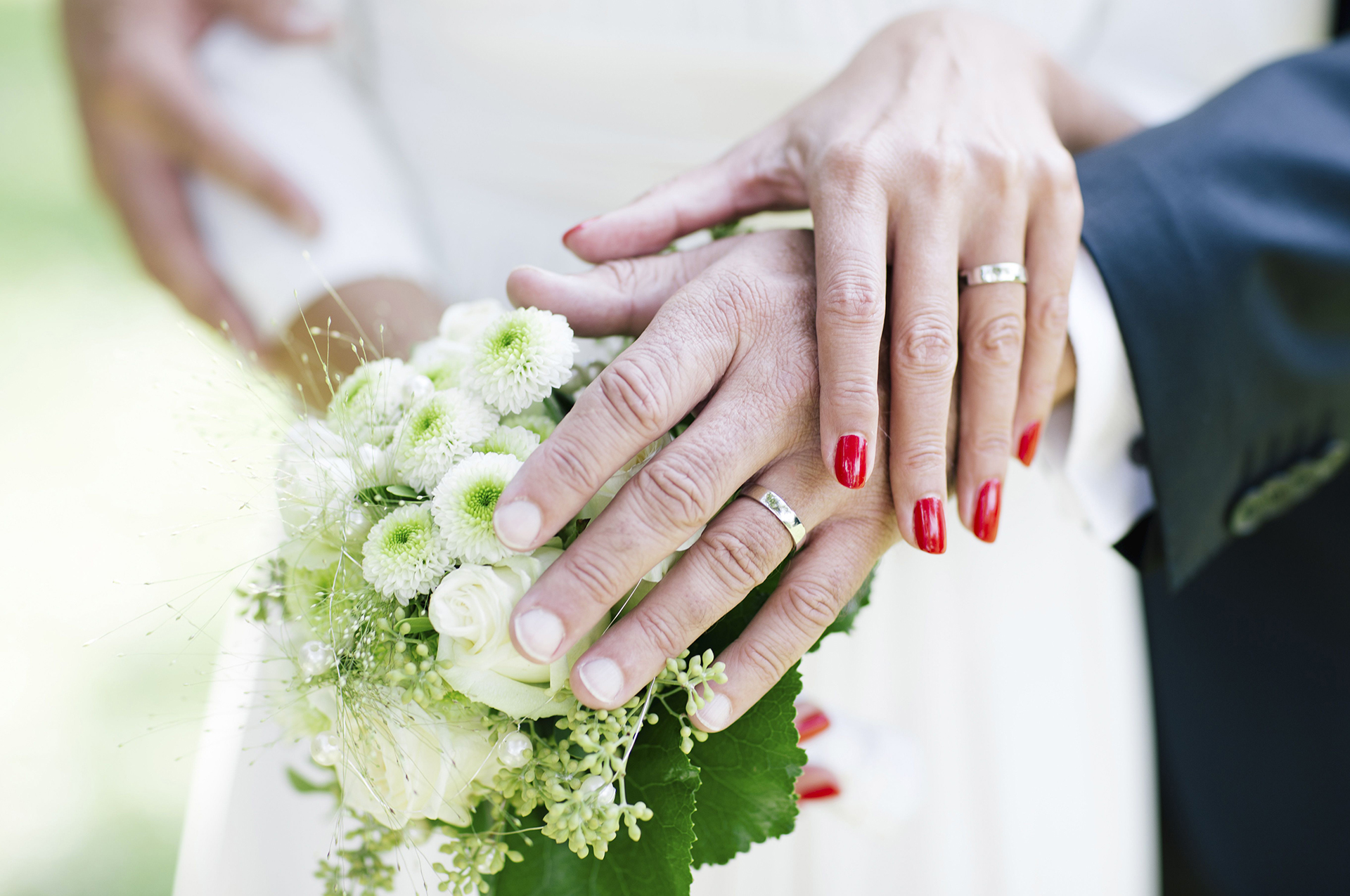A Humanist wedding ceremony cuts the risk of divorce by two-thirds
A new study has found that people who marry in Humanist ceremonies are three times less likely to get divorced.

A new study has found that people who marry in Humanist ceremonies are three times less likely to get divorced.
Humanist ceremonies, which are legally recognised in Scotland and Northern Ireland, are non-religious and more flexible than civil or register office ceremonies.
Humanists UK say that, ‘a humanist, non-religious wedding ceremony gives you the opportunity to marry where you want, when you want and how you want. There’s no set script: it’s too personal an occasion for that. You can set the tone that’s right for you.’
The study used figures obtained from the Scottish Courts and Tribunals Service as part of a Freedom of Information request.
The researchers discovered that couples who got married in a humanist ceremony were less likely to divorce over a 15 year period than couples who had a religious or civil marriage.
In 2017-18, just 0.25 per cent of humanist couples got divorced, compared with 0.84 per cent of other couples.
In Scotland, humanist weddings are more popular than traditional Church of Scotland services. This is mostly because a humanist ceremony is a much more personal ceremony, tailored to a couple’s personal preferences - and it can be held in most locations.
GoodtoKnow Newsletter
Parenting advice, hot topics, best buys and family finance tips delivered straight to your inbox.
Humanists believe that a humanist ceremony can help to provide a more solid foundation for marriage, because of the additional consideration and reflection that goes into planning it.
A humanist wedding ceremony might include readings, poems or songs, an exchange of rings and a meaningful symbolic act such as handfasting, along with vows and words about love and commitment or the couple’s personal story.

It generally costs between £450 and £1,000 to hire a humanist wedding celebrant for a ceremony, that usually lasts around 30 - 45 minutes.
Humanist ceremonies are not legally recognised in England or Wales, which means that if you want to have one, you’ll still need to tie the knot at a register office to make things official beforehand.
However, a recent poll found that 68 per cent of people would like humanist weddings to be legalised.
Surveys suggest that about one in five people in the UK have humanist beliefs, which means they are non-religious and look to lead an ethical and meaningful life, guided by science, reason, empathy and compassion.
Samantha is a freelance writer at Goodto who has been with team since 2019. Initially trained in psychology, she specialises in health and wellbeing and has additionally written for magazines such as Women’s Health, Health & Wellbeing, Top Santé, Healthy, Refinery29, Cosmopolitan, Yahoo, CelebsNow, Good Housekeeping and Woman&Home.